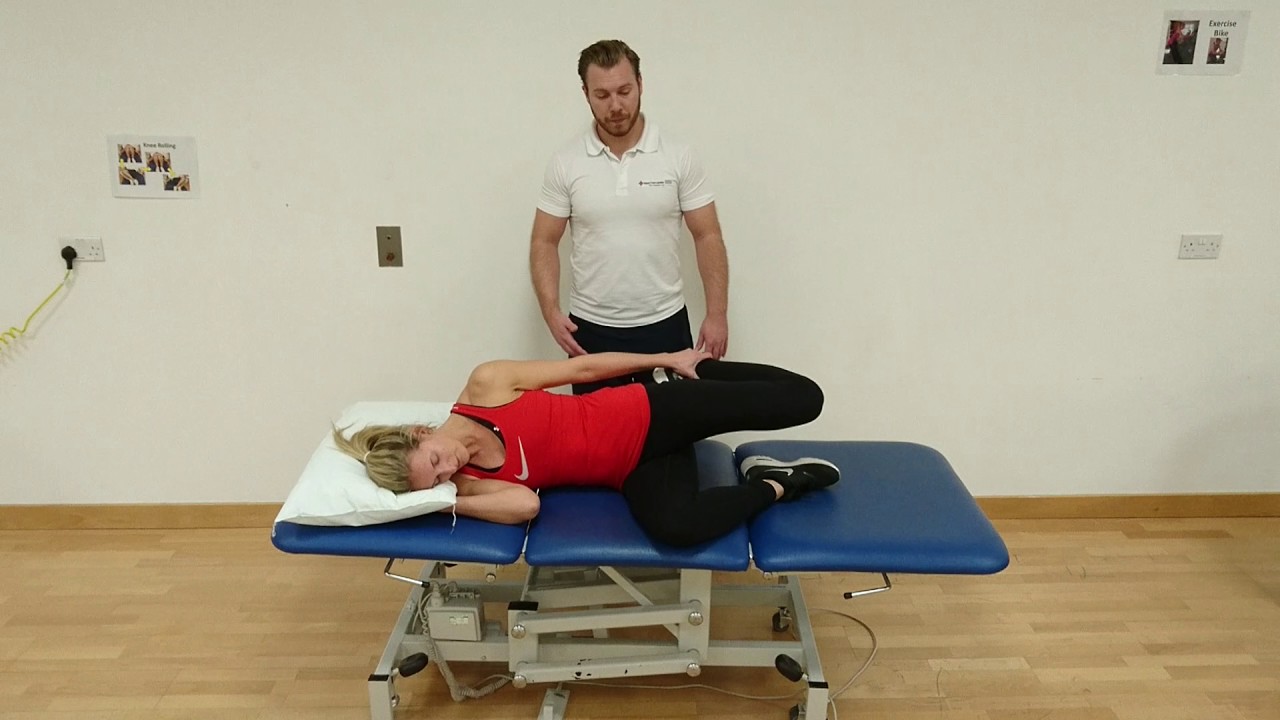Eshelthtips.com – In some cases, a soft tissue complaint in the hip region can be related to the pain of the abductor’s muscles. These tendons connect bones to muscles, and the muscles of the hip abductor open and close the hip joint. However, these tendons can become inflamed and tear, causing painful symptoms and resulting in difficulty walking. A physician can assess and treat this condition by using sound assessment principles and specific treatment techniques.
Considering Alternative Medicine
To treat this condition, a doctor may prescribe ibuprofen or naproxen to reduce pain and swelling. However, you must consult with a doctor before taking any pain medication. If you are on medication, talk to your doctor first. Then, you can try physical therapy, including swimming and strengthening exercises. If these exercises don’t provide relief, you can visit a chiropractor. If these methods do not work, you can also consider alternative treatments such as acupuncture or massage.
If you are experiencing hip pain, you should see a doctor right away. It is important to understand the underlying causes of the pain. There are many possible causes of this condition. The abductor’s muscles work to move the leg away from the midline of the body and support the pelvis while weight-bearing. Performing high-intensity activities, such as sprinting or changing directions rapidly, can tear the muscle. It is also possible to overstretch this muscle. Overstretching the muscles is a cause of torn abductor muscle. It can cause severe and chronic pain, which is often treated with arthroscopic hip surgery.

Immobilization is a common cause of hip abductor muscle pain. Sitting in front of a computer for hours at a time can aggravate the muscles of the hip abductor. The pain is usually reproduced by pressing on the hip abductor. If the muscle is not the source of the pain, it is likely due to another problem. It is important to determine the cause of your hip pain to ensure that your hip muscles are functioning correctly.
Physical Examination can Help in Determining the Diagnosis
Some patients with lower back pain are referred to physical therapy with a diagnosis of sciatica. While a physical examination may reveal no evidence of neurologic findings, a hip abductor muscle problem can be the cause of lower back pain. In some cases, a patient with low-back pain may be suffering from a variety of conditions, and a physical examination can be helpful in determining a diagnosis.
A faulty or weak gluteus medius can cause PFPS. PFPS is a condition in which the knees cave inward. This condition is associated with a lack of hip abductor strength and may be difficult to treat. It can occur during a variety of exercises. If you are experiencing pain, you should seek medical attention right away. If your symptoms have not been resolved after a few days, you should seek treatment as soon as possible.

In most cases, PFPS is caused by a tear in the gluteus medius. While PFPS is usually an isolated condition, it is common to experience lateral pain in the hip abductor. While there is no definitive cause for this condition, it is important to seek medical advice for a proper diagnosis. In some cases, a hip abductor muscle tear is due to a bursa, but sometimes it is due to another muscular problem.
Underlying Hip Abductor Muscles for Knee Stability
If you have a PFPS, the proximal ilium is the cause of the pain. The underlying hip abductor muscles are important for knee stability. People who are weak in the gluteus medius may develop PFPS. The symptoms of a PFPS may range from mild to severe, but it is essential to seek medical attention for a possible lateral pain. Once the condition is diagnosed, a physician can perform a diagnostic test for further evaluation.

There are various treatments available for hip abductor muscle pain. The most common treatment for this condition involves stretching and strengthening the muscles. It is important to understand that a tight gluteus medius muscle can be the source of the pain. In some cases, a doctor may need to treat the underlying condition. If you have a chronic hip flexor pain problem, a physician should check the condition to determine the cause.
Reference: